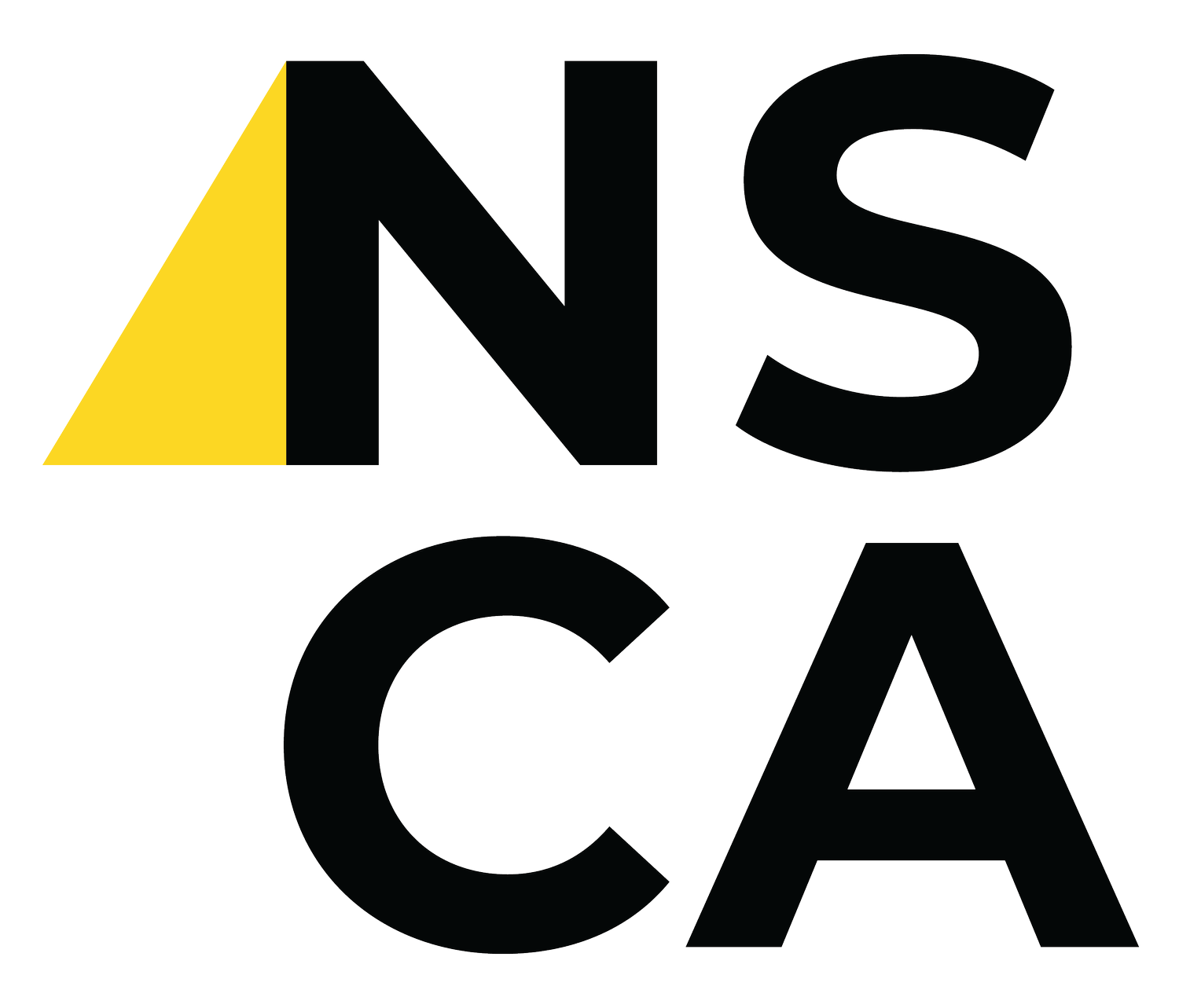NSCA CEO, Rocky Malloy speaks at Pasadena School Board meeting.
With the deadline for schools to vote on chaplains drawing closer, NSCA representatives are testifying at school board meetings across the state of Texas.
“There’s a lot of misinformation out there about this new policy. We’re here to provide the details and share data-driven results that are based on facts.” - NSCA CEO, Rocky Malloy
The Texas Chaplain Act (SB763) provides another means for schools to deal with LPC shortages, while in no way seeking to replace LPCs. Schools are facing a mental health crisis that has resulted in behavioral issues, violence, anxiety, and depression among students and teachers.
Spiritual care through chaplaincy has long been recognized as a specialized approach that provides positive guidance away from negativity and destructive tendencies. School chaplains provide their service and counsel based on consent. This method of informal counsel has proven highly successful in many other sectors including government agencies, hospitals, corporations, and sports teams to name a few.
The Texas School Chaplain Act created a new chapter in the Texas Education Code, TEC 23 that outlines the duties and separate funding allotment for school chaplains. (TEC 48.115) Therefore, school chaplains do not replace LPCs nor are they in competition with any other district employment or volunteer position.


